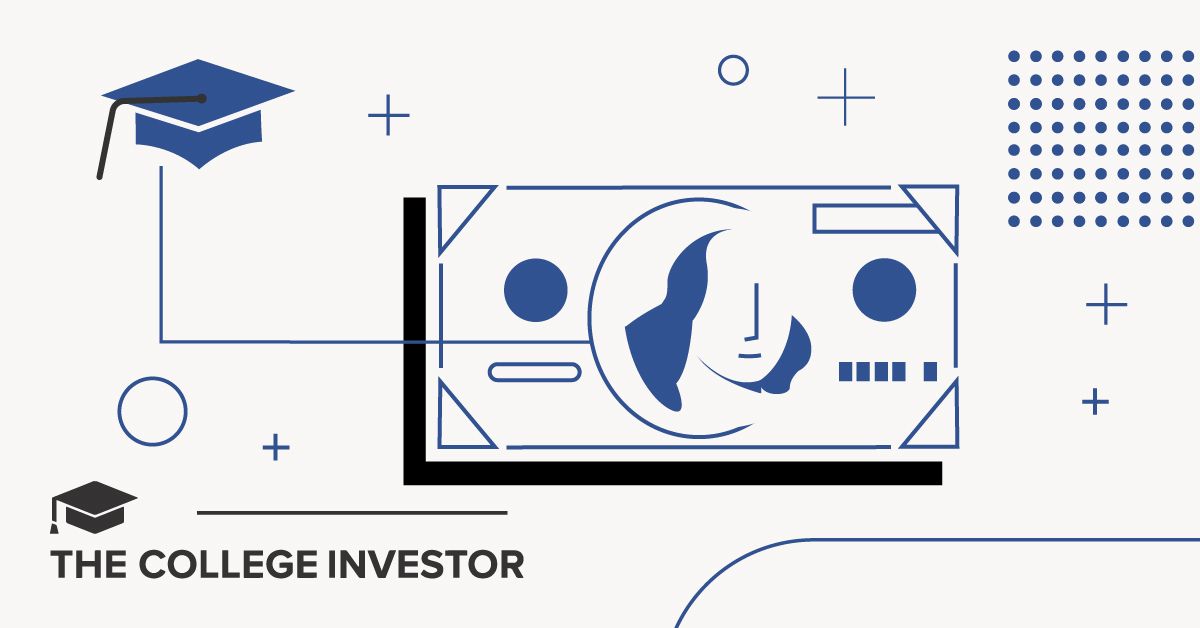Loan Origination
Definition
Loan origination refers to the process by which a borrower applies for a new student loan, and a lender processes that application.
Detailed Explanation
Loan origination encompasses the entire procedure from a student's initial loan application to the disbursement of funds. This process begins when a student, often with the aid of a parent or guardian, submits a loan application to cover educational expenses.
The lender, which could be a government entity, a private financial institution, or an educational institution itself, then assesses the application. This assessment involves evaluating the borrower's creditworthiness, which may include credit checks, financial need analysis, and reviewing the borrower's educational institution and program.
Once the application is approved, the terms of the loan, including the interest rate, repayment schedule, and any fees, are determined and communicated to the borrower. The origination process also includes the preparation and signing of loan documents, which legally bind the borrower to the agreed terms.
The final step is the disbursement of funds, which are typically sent directly to the educational institution to cover tuition and fees, with any excess funds being distributed to the borrower for other educational expenses.
Example
A prospective college student, completes a Free Application for Federal Student Aid (FAFSA) and applies for a federal student loan. Her application is processed, and she is offered a loan package that includes a Direct Subsidized Loan.
After reviewing the terms and completing the necessary documentation, she accepts the loan. The funds are then disbursed directly to her university to cover her tuition, and the remaining balance is deposited into her bank account to be used for books and living expenses.
Key Articles Related To Loan Origination
Related Terms
Disbursement: The process by which the funds from a student loan are paid out to the school or institution to cover tuition, fees, and other educational expenses.
Loan Agreement: A legal document in which the borrower agrees to repay the loan under specified terms.
Credit History: A record of an individual's or entity's past borrowing and repayment activity, including loans, credit cards, and other forms of credit.
FAFSA (Free Application for Federal Student Aid): A form completed by current and prospective college students in the United States to determine their eligibility for student financial aid.
Frequently Asked Questions
What is the difference between loan origination and loan servicing?
Loan origination is the process of applying for and initiating a new loan, while loan servicing involves managing the loan after it has been disbursed, including processing payments, providing customer service, and handling other administrative tasks.
Are there fees associated with loan origination?
Yes, some student loans come with origination fees, which are charged to cover the cost of processing the loan. These fees are often a percentage of the total loan amount.
Can I apply for a student loan before being accepted into a college or university?
While you can complete certain preparatory steps, such as submitting a FAFSA, you typically need to be accepted and enrolled in an eligible program to finalize a student loan application.
Is a cosigner necessary for a student loan?
This depends on the type of loan and the borrower's creditworthiness. Federal student loans for undergraduates usually don't require a cosigner, but private student loans might, especially if the borrower has limited or no credit history.
Editor: Ashley Barnett
